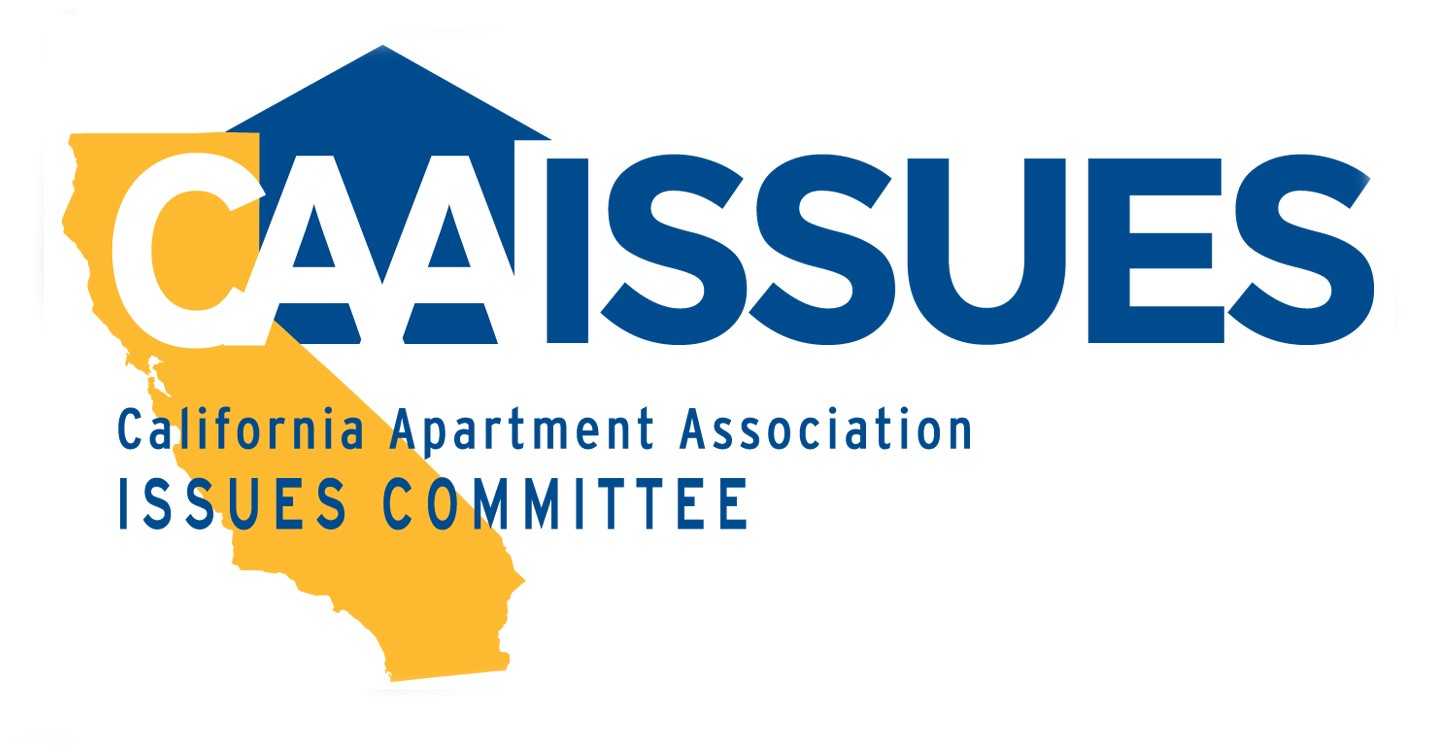If you’re a landlord who reaches for a can of Raid at the first sign of a cockroach or spider, prepare to break that habit.
A law taking effect in January targets pest control do-it-yourselfers in the rental housing business. Owners and their employees must begin notifying tenants whenever they personally apply pesticides, as opposed to using a pest control operator. Below, you’ll find detailed information for following the new regulations, as well as links to the forms you’ll need — available exclusively to CAA members.
In large part, the new notification rules for landlords reflect the kind of disclosure requirements imposed on pest control operators over the past 30 years.
Since 1984, California law has required pest control companies to provide notice to owner/agents and residents when applying pesticides at the property. If the owner/agent has contracted with a pest control operator for periodic pest control, the owner/agent must provide the pest control company’s notice to all new residents. Additional notice provisions also extend to property owner/agents if they have residents who operate a child day-care facility at the property.
Under Senate Bill 328, owners/agents who do their own pesticide application are required to provide advance notice to residents, effective 2016.
An overview of the new law
Similar to the notice requirements for pest control companies, an owner or authorized agent who applies any pesticide to a dwelling unit without a licensed pest control operator must now provide a notice to residents. A “pesticide” is defined as any substance, or mixture of substances, that is intended to be used for controlling, destroying, repelling, or mitigating any pest or organism, excluding antimicrobial pesticides as defined by the Federal Insecticide, Fungicide, and Rodenticide Act (7 U.S.C. Sec. 136(mm)).
Here are summaries of the relevant forms and links to access them:
- Form 61.0 – Notice of Pesticide Application-Dwelling Unit – One-time or periodic (i.e., monthly, weekly) pesticide application to a dwelling unit. CAA Form 61.1 is used to provide notice to tenants in adjacent units when owner/agent is making broadcast applications (more than 2 square feet), or using total release foggers or aerosol sprays.
- Form 61.1 – Notice of Pesticide Application – Adjacent Unit – One-time or periodic broadcast application, or using total-release foggers (i.e., bug bombs) or aerosol sprays. This is the notice to be provided to adjacent units. CAA Form 61.0 is used to provide notice to the tenants in the unit where the application takes place.
- Form 61.2 – Notice of Pesticide Application: Common Area Posting – This sign is required to be posted in a common area prior to a one-time application of pesticides in a common area.
- Form 61.3 – Notice of Pesticide Application: Common Area: Notice to all Units – This form is to be used when the Owner/Agent will engage in periodic application of pesticides in a common area or in the case of one-time application if posting in the common area is not possible.
- Form 61.4 – Periodic Application of Pesticides by Owner/Agent to Common Area Addendum – This form is to be used to notify the incoming Resident when the Owner/Agent is engaging in periodic application of pesticides in a common area.
- Form 61.5 – Periodic Application by Pest Control Operator Addendum – This form is used when Owner/Agent has contracted with a pest control operator for periodic pest control.
Reminder about Existing Requirements for Residential Management Companies – Agents of the Owner
The licensing and registration requirements for residential management companies under existing law differ depending on whether structural or exterior pest control work is to be performed.
Indoor Application – According to the Structural Pest Control Board, a residential management company that handles all aspects of management for a property owner/agent is considered the owner/agent’s agent and is not required to be licensed to do indoor or other structural pest control.
Outdoor Application – The Department of Pesticide Regulation, however, considers the management company to be performing pest control “for hire.” If the management company personnel applies pesticides for landscape maintenance (i.e., outdoors), they must obtain a license from DPR: either a maintenance gardener license, if they contract to maintain landscaping in general, or a Qualified Applicators License if they contract specifically to perform pest control.
Additional information regarding covered chemicals and licensing and registration requirements and procedures can be obtained from the California Department of Pesticide regulation at (916) 324-0399, and the Structural Pest Control Board at (916) 561-8700.
For a more detailed background paper on this new law, click here.

